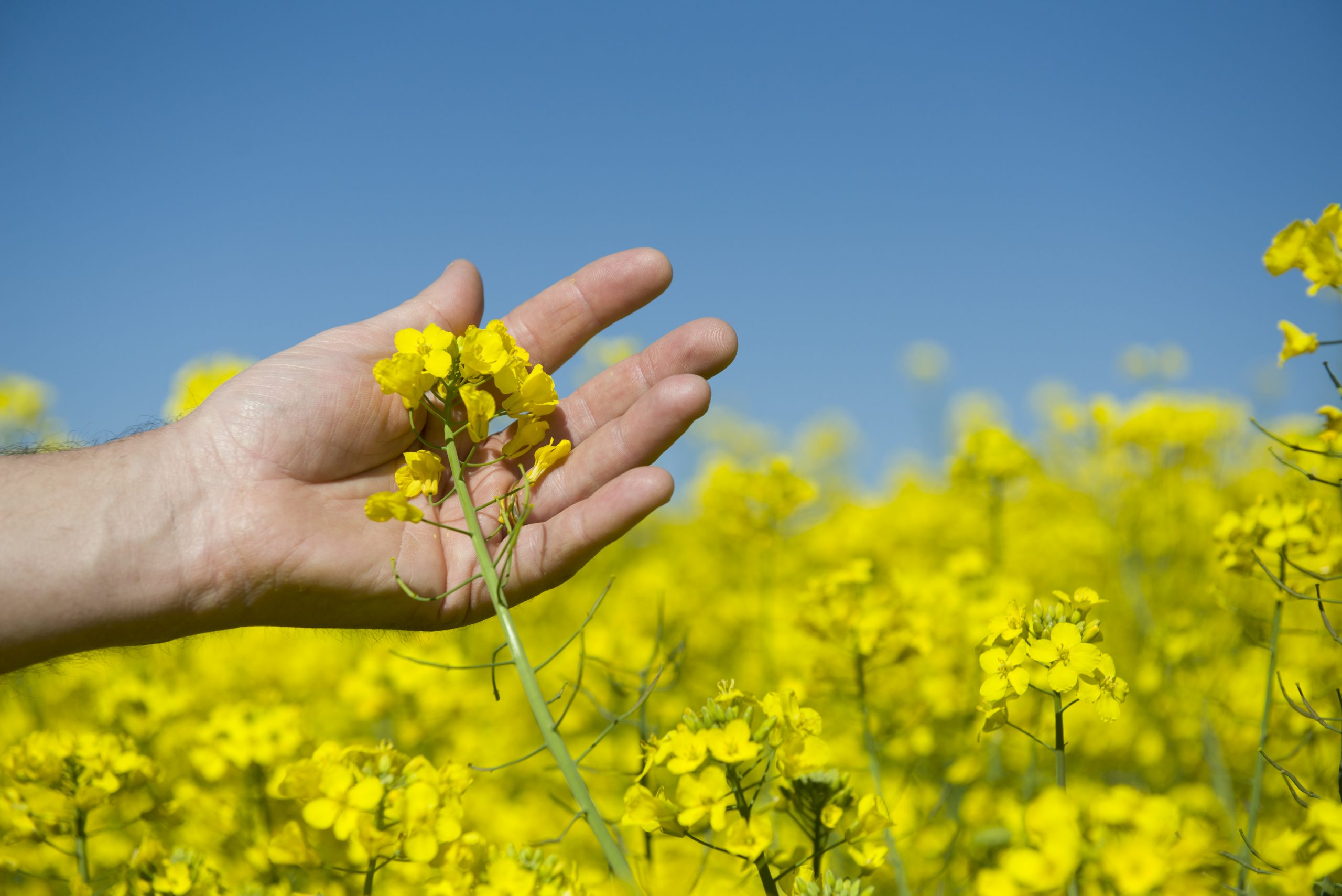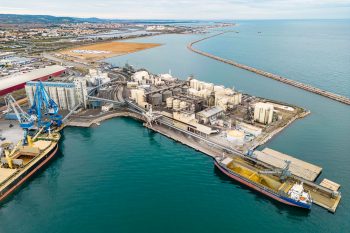This 2022-2023 season is the pilot phase of Saipol’s “Rapeseed Advanced” project for the cultivation of protein-rich rapeseed under real conditions. A special feature of these varieties is that the protein content of their seeds is 2% higher than that of standard 00 rapeseed. Cultivated according to the low-carbon agro-ecological paths recommended in the framework of the OleoZE contracts, they should also increase protein autonomy in animal feed. The foundations of this new sector were unveiled in November 2021 at the OléoPro meetings. “The story is appealing”, says Loïc Godnair, Saipol’s sector manager. “Our ambition is to finance the agro-ecological transition and plant protein autonomy through the energy transition by combining premiums on low GHG criteria on the one hand and high protein levels on the other hand”.
– SAIPOL FINANCES A FULL-SCALE R&D PROJECT ON PROTEIN-RICH RAPESEED
History also remains to be written. The list of eligible rapeseed varieties includes about ten candidates. It is open to all seed companies and must be enriched at the same rate as varietal selection. To evaluate the performance of those already selected for 2022 seeding, Saipol is financing a three-year full-scale R&D project with the support of cooperatives. “We hope to prepare the market for the eventual arrival of varieties that will be a technological breakthrough with an even higher protein content”, adds Loïc Godnair. Five storage organisations representative of the rapeseed production regions have already responded positively to this first stage of large-scale deployment. Their pioneer farmers sowed 500 ha.
– YIELDS OF PROTEIN-RICH RAPESEED MUST BE THERE
Initially, the experimental protocol will compare the varieties identified in Rapeseed Advanced with the most commonly used varieties in each zone. The criteria of yield and oil content are particularly anticipated by farmers and storage agencies: “At the high price of rapeseed, yields must be on target as well as economic profitability in line with agro-ecological practices”, says Loïc Godnair. In order to secure income, Saipol has made provision for the remuneration of farmers involved in these whole-plot trials.
During this experimental phase, the harvested seeds will be mixed in the silos with those of the other rapeseed crops. The segregation of batches, from the collector to the processing plants, will be done in a second phase as the sector grows. The right level of protein bonus for producers also remains to be determined.
SPECIFIC FIELD SUPPORT BY SAIPOL FOR THE RAPESEED ADVANCED PROJECT
The storage organisations are an essential link in the Rapeseed Advanced chain. Louis-Arthur Dezard, in charge of the development of speciality oilseed sectors at Saipol, has been tasked with steering the Rapeseed Advanced project on the ground, liaising with the cooperatives, monitoring of trials and analyses, he ensures that the campaign runs smoothly.

PROTEIN-RICH RAPESEED SECTOR: PART OF A VIRTUOUS CIRCLE BASED ON ENERGY TRANSITION AND PLANT PROTEIN AUTONOMY
With the deployment of hectares over the next three years, the sector will become more structured.

More local protein means less imported soybeans, less deforestation, a better GHG balance and improved plant protein autonomy for French livestock. “A batch of seeds with a protein concentration of between 20 and 22% generates oilcake with 35% to 36% protein, compared with an average of 33%”, adds Loïc Godnair. Eventually, when the sector is set up, different remuneration options will be offered. “Low GHG rapeseed has opened the way for remuneration that is directly linked to cultivation practices. With Rapeseed Advanced, we will be able to properly target the remuneration in relation to the protein content in a gradual way”, he adds.


